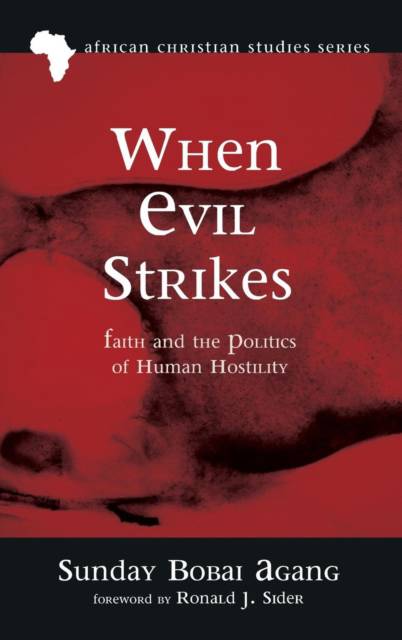
- Retrait gratuit dans votre magasin Club
- 7.000.000 titres dans notre catalogue
- Payer en toute sécurité
- Toujours un magasin près de chez vous
- Retrait gratuit dans votre magasin Club
- 7.000.0000 titres dans notre catalogue
- Payer en toute sécurité
- Toujours un magasin près de chez vous
90,45 €
+ 180 points
Format
Description
Human hostility is not the narrative of a selected few. Since the fall of the grandparents of the human family, Adam and Eve, all humans have continued to participate in the reality of evil. Accordingly, the question is no longer whether evil will strike, but rather, when evil strikes, how should humans, particularly Christians, respond to it? This book offers a relevant and effective theology and ethics for addressing the issue of Christian response to violence in Nigeria and beyond. It situates the whole gamut of the reign of human hostility in its various manifestations: self-interest and greed for power, deception and social injustices, governmental official corruption, terrorism and so on. It encourages humans to take seriously both the fact of God creating humans good and the fall serving as the gateway of evil into the human race. It recognizes the complexity of human problems. Yet it offers possibility for just peacemaking. In spite of the horrific violence across the globe, humans are still able to do tremendous good. Thus the book recognizes the paradox of humanity: humans are capable of doing tremendous good and equally capable of doing tremendous evil.
Spécifications
Parties prenantes
- Auteur(s) :
- Editeur:
Contenu
- Nombre de pages :
- 298
- Langue:
- Anglais
- Collection :
- Tome:
- n° 10
Caractéristiques
- EAN:
- 9781498235686
- Date de parution :
- 22-06-16
- Format:
- Livre relié
- Format numérique:
- Genaaid
- Dimensions :
- 152 mm x 229 mm
- Poids :
- 566 g

Les avis
Nous publions uniquement les avis qui respectent les conditions requises. Consultez nos conditions pour les avis.






